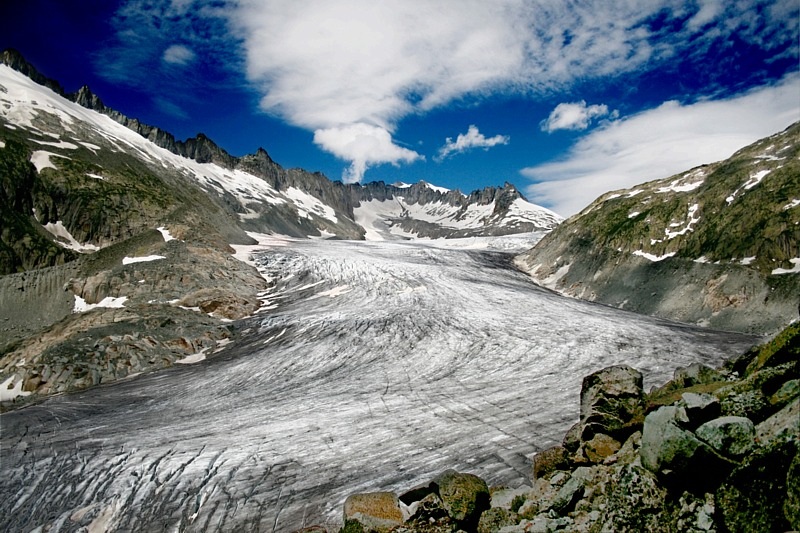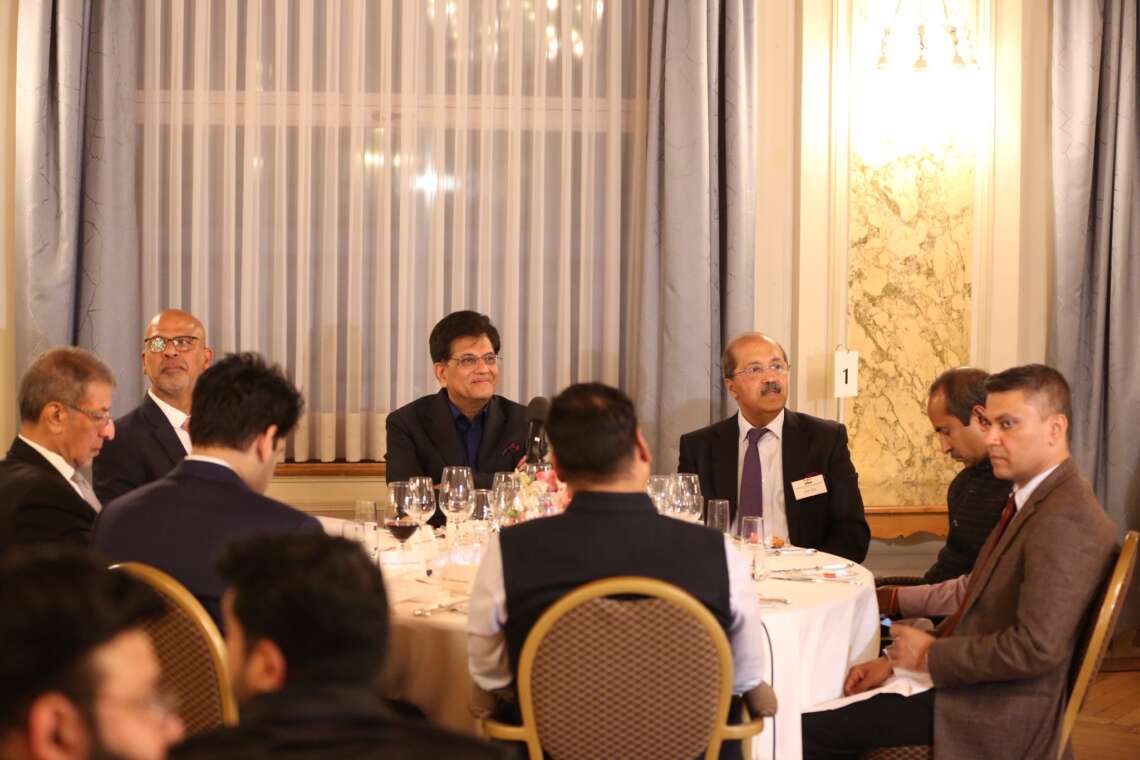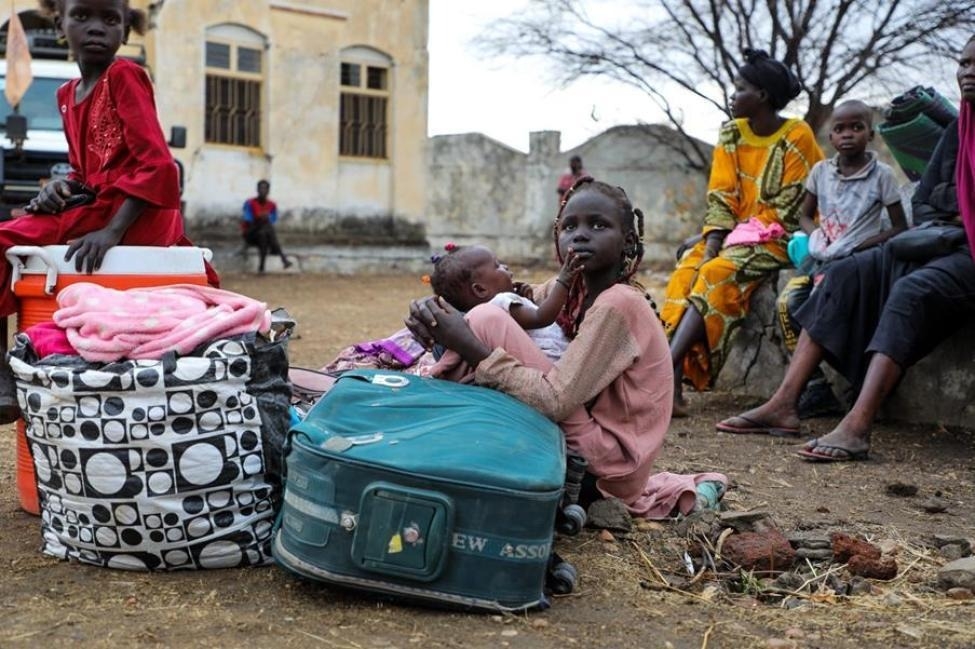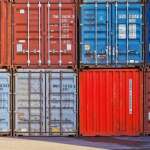Switzerland’s reliance on glacial runoff for hydroelectric power faces growing risk — as glaciers shrink, short-term water flow may rise, but long-term shortages could threaten energy and water supplies.
Switzerland’s glaciers — long considered icons of Alpine majesty — are deteriorating at an alarming rate, with scientists now observing structural changes that resemble “Swiss cheese” as climate change accelerates their collapse.
Once dynamic systems capable of regenerating through seasonal snowfall at high altitudes, many of Switzerland’s glaciers are now stagnant and riddled with holes, making them more vulnerable to rapid melting. Glaciologists say warming temperatures and diminishing snowpack have pushed glacial activity into a critical phase — a shift that poses mounting risks for both the environment and human infrastructure.

According to the Euro News reports, Switzerland, home to more glaciers than any other European country, has seen these ice masses retreat for over 170 years. But since the 1980s, scientists have noted a steady decline, with 2022 and 2023 ranking among the worst years on record. Early signs in 2024 suggest this trend is accelerating.
A recent incident that underscored the growing instability occurred in May, when a mudslide triggered by the collapse of the Birch Glacier inundated the southwestern village of Blatten. The glacier had been holding back a mass of rock, which broke loose and cascaded into the valley. While most of the village had been evacuated, at least one fatality was reported, and human remains were recovered days later.
The danger goes beyond natural disasters. Melting glaciers threaten water resources, agriculture, and even energy production. Switzerland relies heavily on hydroelectric power, much of it fed by glacial runoff. As glaciers lose mass, water flows initially increase, but once the ice is gone, rivers could run dangerously low during dry seasons — affecting electricity output and water supply.
Across Europe, the pattern is repeating. A report by the EU’s Copernicus Climate Change Service noted that May was the second-warmest globally on record. And according to the World Meteorological Organisation, glaciers in the Himalayas and Tian Shan range in Asia also suffered widespread mass loss in 2024 due to reduced snowfall and extreme heat.
In Switzerland, monitoring teams have begun summer missions to track glacial health using traditional stake methods, revealing annual ice losses of several metres in some regions. In extreme years, up to 10 metres of vertical ice have vanished in a single season.
As Euronews reports, the broader picture is grim: many of Switzerland’s glaciers are unlikely to survive the century, even if the world limits warming to 1.5°C — the target set by the 2015 Paris Agreement.
While geopolitics often dominates global headlines, the silent retreat of the Alps offers a stark reminder: the climate crisis is unfolding with or without attention — and its effects are etched into the melting ice.














